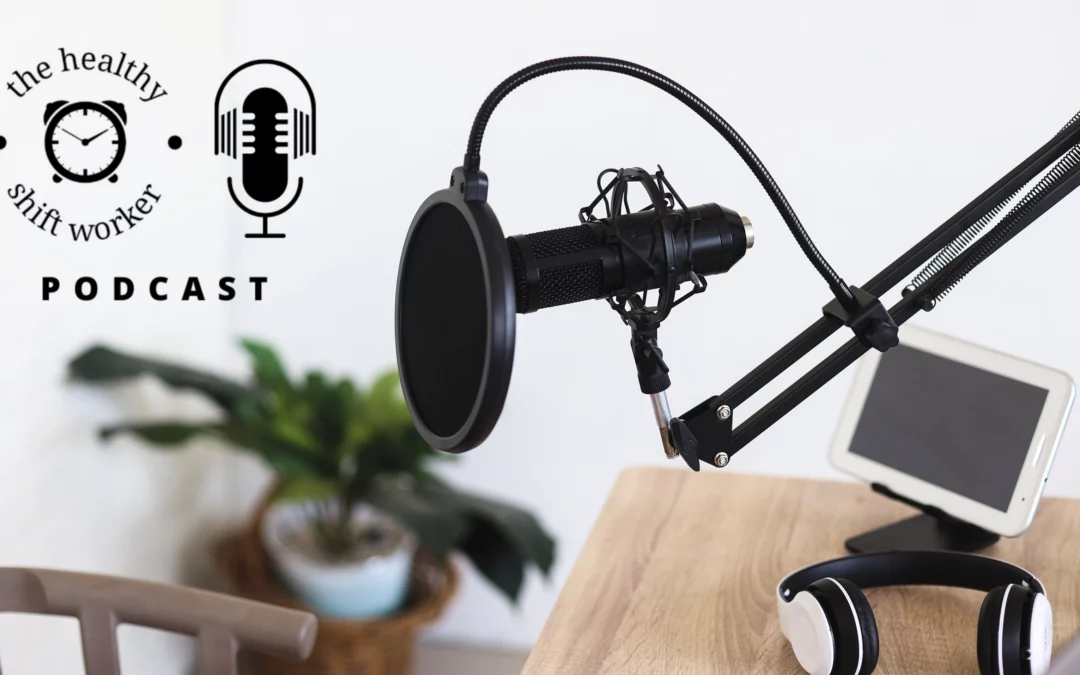
by Audra Starkey | Oct 24, 2017 | Nutrition, Sleep
“Sleep. Why it’s even more important than nutrition.” Sound like an odd statement coming from a Nutritionist?! Perhaps so, but for the last 2 years I’ve been working with clients one-on-one, and have noticed a missing link in those who are...

by Audra Starkey | Jan 31, 2017 | Nutrition
Something I hear often from many of my shift working clients is “ever since starting shift work, I’ve continued to gain weight.” Perhaps this is something that you can relate too as well. But why is this so? Well the etiology (or cause) of weight...

by Audra Starkey | Nov 1, 2016 | Nutrition
As a fully fledged Clinical Nutritionist (wow, I can finally say that now after completing a Bachelor of Science degree last week), I have to say there’s certainly a lot of emphasis in our training on WHAT our clients are eating, which undeniably plays a huge...

by Audra Starkey | Aug 16, 2016 | Mindset
As the blaring sound of an alarm clock pierces the serene and tranquil silence of the bedroom, a fatigue riddled body stirs beneath the warmth and comfort of a beautiful, yet hidden sleep sanctuary – otherwise known as a doona. The body struggles to move, as...

by Audra Starkey | Jun 1, 2016 | HSW, Nutrition, Podcast
Healthy Shift Worker Podcast Episode 9: This week Audra chats with fellow health professional and Paediatrician Dr Katrina Hurley who is an Emergency Doctor based in Halifax, Canada and has a similar interest in nutrition to support shift workers. Dr Hurley is a...





